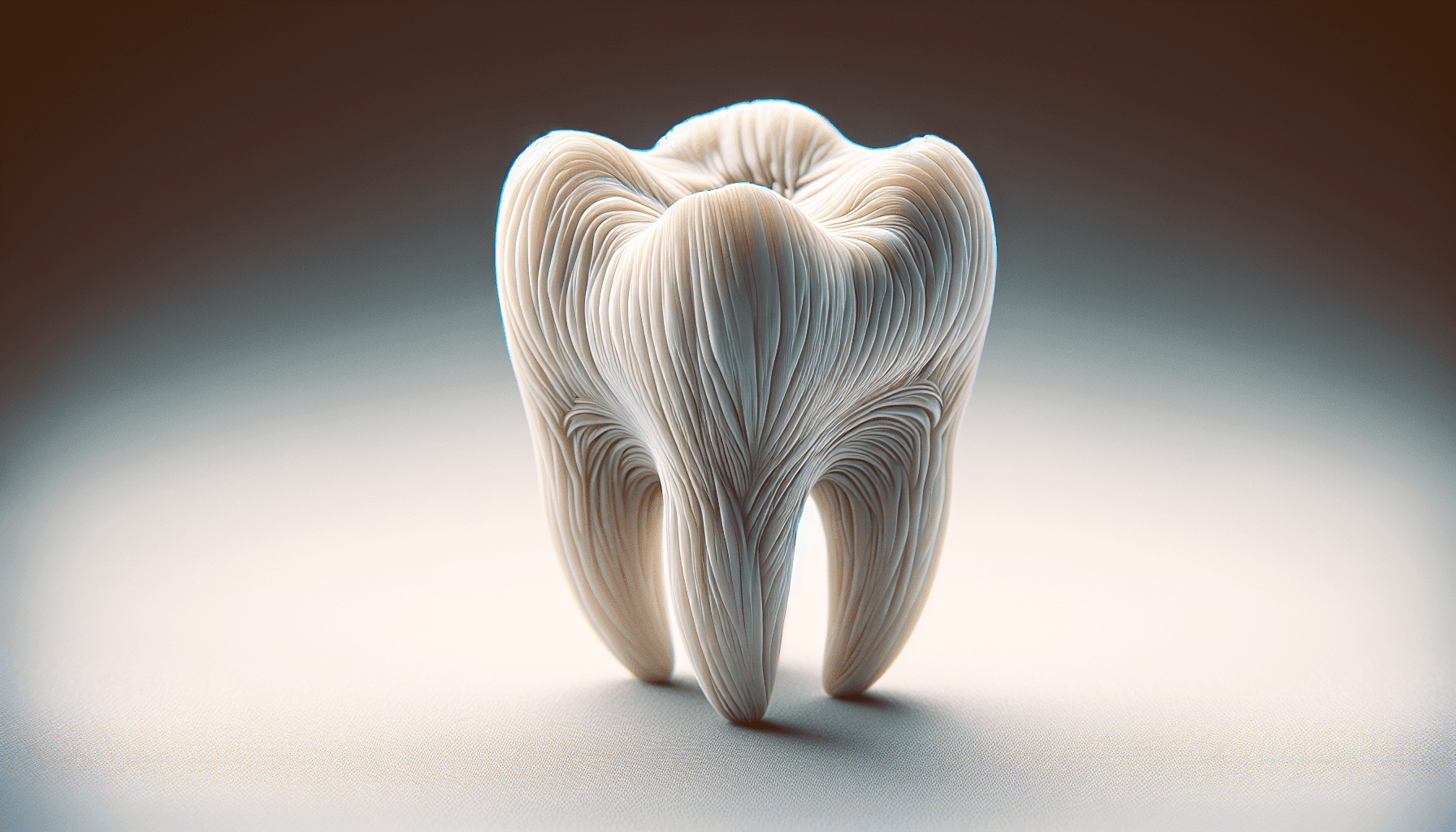Have you recently been advised by your dentist that it’s time to have your wisdom teeth removed? Undergoing a wisdom teeth extraction can indeed seem daunting, especially considering the buzz around potential complications that might arise. Understanding what these complications could entail, and learning how to manage them effectively, can greatly ease any anxiety you might feel about the procedure.
Understanding Wisdom Teeth
Wisdom teeth, or third molars, are the last set of teeth to erupt, typically emerging in late adolescence or early adulthood. They hold the distinction of being a vestigial feature—meaning, these were useful to early humans whose diet comprised rougher and more fibrous foods. However, due to changes in our diet over centuries and the size of human jaws evolving to be smaller, wisdom teeth often lack the necessary space to emerge properly.
Why Wisdom Teeth May Need Extraction
Deciding to have your wisdom teeth extracted usually stems from a professional assessment indicating advantages outweighing potential issues they could cause. Reasons why this might occur include impaction, potential damage to adjacent teeth, the risk of decay due to difficult-to-reach cleaning areas, or the cyst and tumor formations around improperly erupted teeth. Understanding these reasons can help clarify why the procedure might be advised by your dentist or oral surgeon.
The Extraction Process
When considering wisdom teeth removal, it helps to first familiarize yourself with the process itself. Here’s what typically happens:
Pre-Surgery Preparation
In preparation for removal, you’ll first consult with your dentist or oral surgeon, who will conduct an initial examination using X-rays. They assess the position of your wisdom teeth, plan the method of extraction, and identify any possible complications beforehand. Planning a surgery that reduces risk is a key part of ensuring smooth recovery.
The Surgery
The surgery can be done either in the dentist’s office or an outpatient surgical suite and usually takes about 45 minutes. Anesthesia options will be discussed (local anesthesia, sedation, or general anesthesia), and the choice depends on complexity and your comfort level. Knowing what to expect on the day of the surgery often helps reduce anxiety.
Common Complications: What You Should Know
Like any surgery, wisdom teeth extraction carries the risk of various complications. Knowing these can help you recognize early symptoms and seek timely treatment if needed.
Dry Socket
What is it?
Dry socket is a painful condition occurring when the blood clot at the site of extraction fails to develop properly or becomes dislodged before the wound heals.
Symptoms to Look For
Severe pain begins three to four days after extraction, potentially accompanied by a foul taste or smell. Relief methods include rinsing with saltwater or prescribed solutions.
Infection
What is it?
Bacteria entering the gums or bone post-extraction causes infection, generally flagged by the presence of pain, swelling, and sometimes pus discharge.
Symptoms to Look For
Fever, swelling that doesn’t improve with time, increasing pain, and discharge around the surgical area are strong indicators. Proper oral hygiene, prescribed antibiotics, and follow-up visits help manage this risk.
Nerve Injury
What is it?
Although rare, nerve damage may result in temporary or permanent numbness or tingling in the tongue, lips, or face, often resulting from surgical manipulation of nerves close to the extraction site.
Symptoms to Look For
Persistent tingling, numbness, or burning sensations should be brought to dental attention promptly. While most nerve injuries heal gradually, monitoring by a professional ensures necessary interventions are made.
Handling Complications During Recovery
Successful recovery depends on careful post-operative care. Understanding how to manage potential complications ensures a smoother healing process.
Follow Post-Operation Instructions
Following designated aftercare instructions is crucial. This may include avoiding certain foods, not exerting pressure on the affected area, maintaining oral hygiene without disturbing the surgical site, and adhering to prescribed medication.
Pain Management
Post-surgery pain peaks typically within 48 hours and gradually diminishes. Over-the-counter pain relievers, prescribed analgesics, and cold compress application can provide relief and aid recuperation.
Sticking to Dietary Recommendations
Sticking to a soft food diet—such as smoothies, applesauce, and mashed potatoes—helps minimize site irritation and promote healing. Drink plenty of water, but avoid using straws as suction could disrupt the healing process.
Complications Specific to Upper and Lower Wisdom Teeth
The position of your wisdom teeth affects potential complications. For instance, extractions in the upper jawbone may lead to sinus complications due to proximity, whereas lower extractions pose a higher risk for dry socket or nerve issues.
Sinus Issues from Upper Wisdom Teeth
How It Happens
Upper wisdom teeth roots lie close to your maxillary sinus; an accidental perforation during extraction may cause sinus congestion or communication. Communication refers to an opening between the mouth and sinus cavity post-extraction.
What to Do
Symptoms include sinus pressure or discharge. If you experience these, an oral surgeon may recommend solutions ranging from nasal sprays to surgical repair, depending on severity.
Timing and Professional Consultation: Key to Minimizing Risk
Professionals suggest removing wisdom teeth during younger years, as roots are not fully developed, and surrounding bone is softer, reducing the risk of complications. Each case is unique, though, and habitual consultations help individualize the decision about when and if to proceed with extraction.
Importance of Regular Dental Visits
Regular visits allow professionals to track progress. They give dentists the chance to monitor the development of wisdom teeth, offering proactive measures to address issues before they manifest into complications.
Informed Decisions and Dialogue with Your Dentist
Maintaining a dialogue with your dentist about your health history and any concerns about surgery reassures you and ensures clarity in your treatment plan. Discussing all aspects helps you feel more in control and informed about your oral health decisions.
Conclusion
Understanding the potential complications of wisdom teeth extraction, and recognizing early signs through informed educational resources, prepares you for handling recovery responsibly. Keep an open channel of communication with your dental professionals throughout treatment and recovery. Timely action, preventive care, and adherence to recommendations form the cornerstone of a successful wisdom teeth extraction experience.
Maintaining awareness of potential issues, while knowing that these complications are manageable with professional advice and care, helps ensure a healthier, stress-free journey toward optimal oral health.



